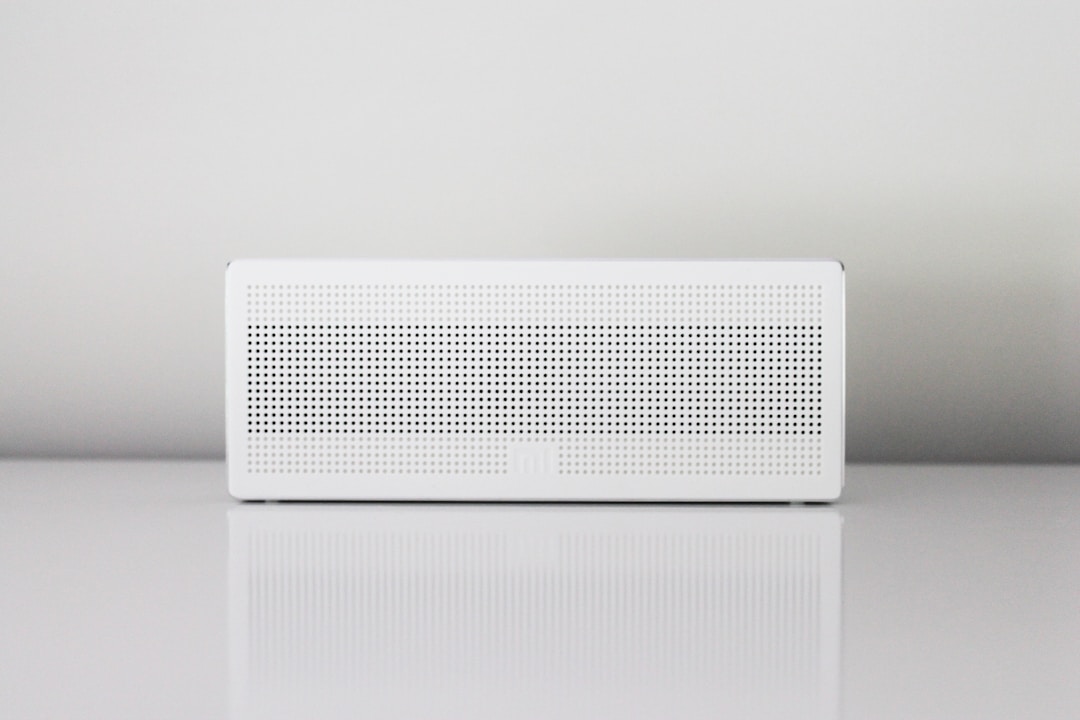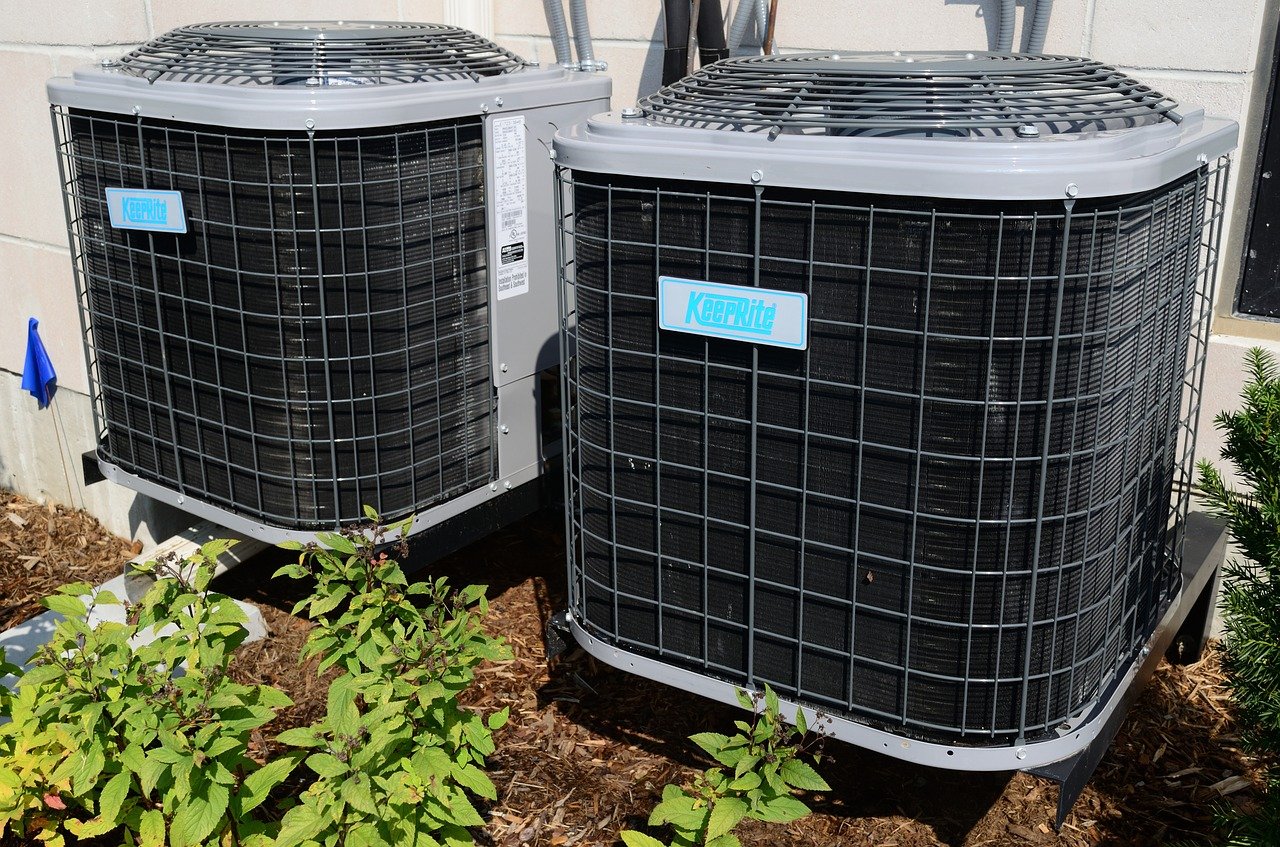How to Improve Your Home’s Efficiency
Energy efficiency involves using less energy to run your home, reducing your energy usage, and lowering your utility bill. However, boosting your home’s energy efficiency requires more than just turning the lights off when you leave the room—you’ll need to become aware of your energy usage, where energy is wasted, and how you can use it more effectively in everyday life. Here are the best ways to improve energy efficiency in your home.
Schedule regular HVAC system maintenance.

The efficiency of your HVAC system plays an essential role in your energy bill and overall energy usage. As a result, one of the best ways to improve your HVAC system’s efficiency is to schedule preseason HVAC maintenance checks at least twice a year.
The HVAC experts at Titan Heating & Air Conditioning recommend hiring experienced HVAC technicians to conduct regular checkups during spring and fall before you start using your HVAC for the season. Regular maintenance and check-ups can help ensure your drain lines are clean, and your HVAC technicians will calibrate your HVAC unit to make sure it’s running efficiently.
Upgrade your lightbulbs to LEDs.
LED bulbs provide significant home energy savings compared to halogen, incandescent, and compact fluorescent lightbulbs. On average, LED bulbs require 80% less energy than incandescent lightbulbs. According to a study by Washington University, only 10% of a traditional incandescent bulb’s energy is used toward lighting, while the remaining 90% is used for heat generation.
In addition to cutting your energy bill, upgrading to low-wattage LED bulbs can also lower your overcall CO2 emissions and reduce your carbon footprint. LEDs also have a significantly longer lifespan than traditional bulbs, lasting approximately 50-times longer than a traditional incandescent bulb and 20–25-times longer than a halogen.
Invest in a programmable thermostat.
Although the initial investment may seem expensive, swapping your old thermostat for a programmable model is a cost-effective and energy-efficient option. With a programmable thermostat, you’ll be able to regulate the temperature in your home according to your settings, giving your home a zoned heating and cooling effect.
As another energy-efficient option, a smart thermostat makes it easy to change your settings remotely, allowing you to reduce your energy usage while you’re away from home. Over time, your smart thermostat can learn your household’s heating and cooling patterns and adjust your household’s temperature accordingly to use less energy.
Change your air filters regularly.
Air filters obstruct your home’s airflow by trapping debris, dust, allergens, and other contaminants. The buildup of dust and debris can lead to lower indoor air quality and decreased HVAC efficiency, which increases your home’s energy usage and, consequently, your utility bill.
To boost your HVAC energy efficiency, be sure to change or clean your air filters regularly. In general, HVAC professionals recommend cleaning or changing filters once a month as part of your home’s preventive maintenance schedule. When you replace your filters once a month, it causes a chain reaction throughout your home, leading to fewer emissions, fewer contaminants, and greater air quality.
Air seal your home.

Between letting in warm air in the summer and cold air in the winter, cracks, gaps, and leaks throughout your home can affect your entire house. If left ignored, gaps can affect the overall efficiency of your home, from increasing your energy costs and impacting your HVAC system efficiency to creating home comfort issues.
Air sealing your home not only reduces the amount of outside air entering your home but also the amount of conditioned air (heated or cooled) that escapes. Sealing cracks, gaps, and leaks throughout your home and adding insulation can help you save up to 10% on heating and cooling costs.
From becoming more aware of your home’s energy usage to understanding where energy is wasted, taking steps to improve your home’s energy efficiency can help you cut your utility bill and reduce your carbon footprint.
